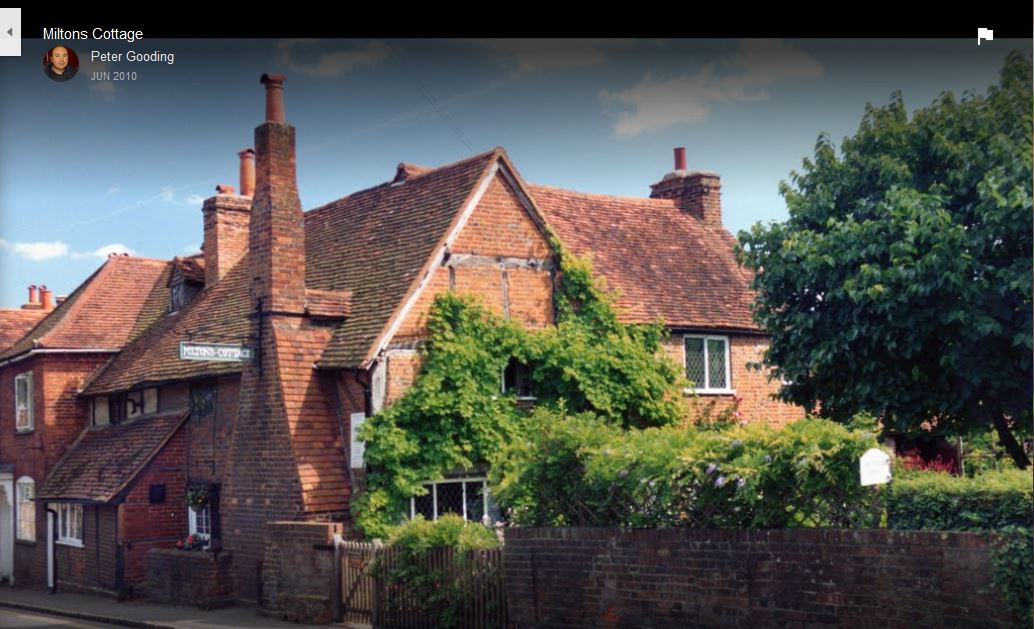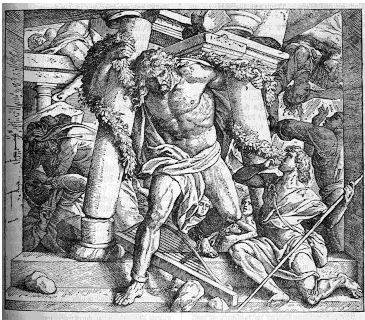
Apophenia: Perceiving connections or meaningful patterns in random data, as in the reading of tea leaves or discovering meaning in entrails.
Growing up, one of the games we played with my grandmother was Scrabble. She loved the game (and cheated, if you didn’t watch her!). It’s a game of possibilities: of new words, of one more tile to get that seven-letter word and 50 points. A game of beginnings without ends: if you don’t like the words in front of you, dump your tiles, do a quick shuffle, and play some more.
According to John 1:1, “In the beginning was the Word…”
Not quite. First there was the “tile pile,” the jumble of possibility that is chaos, the unformed. Genesis 1: “…formless and empty, darkness was over the surface of the deep, and the Spirit of God was hovering over the waters.”
Or, as John Milton writes in Book 1 of Paradise Lost,
“In the Beginning how the Heav’ns and Earth
Rose out of Chaos…”
And:
“Thou from the first Wast present, and with mighty wings outspread
Dove-like satst brooding on the vast Abyss
And mad’st it pregnant…”
The Logos created the universe, and Logos in Greek means both “word” and “I say.”
It’s New Year’s, the traditional time of reflection, and of putting words into plans. Your New Year’s creation won’t be ex nihilo, of course, because some of your letters are already organized into words. But you can reshuffle the “tile pile,” go back to the unformed, to the abyss, and create something new for the ever-changing dictionary that is you. You can look for the tile that creates your 50-point bonus word – and, like my grandmother did with a wink and a smile, if need be you can stretch the limits of the English language.
 Today is John Milton’s 409th birthday!
Today is John Milton’s 409th birthday!


